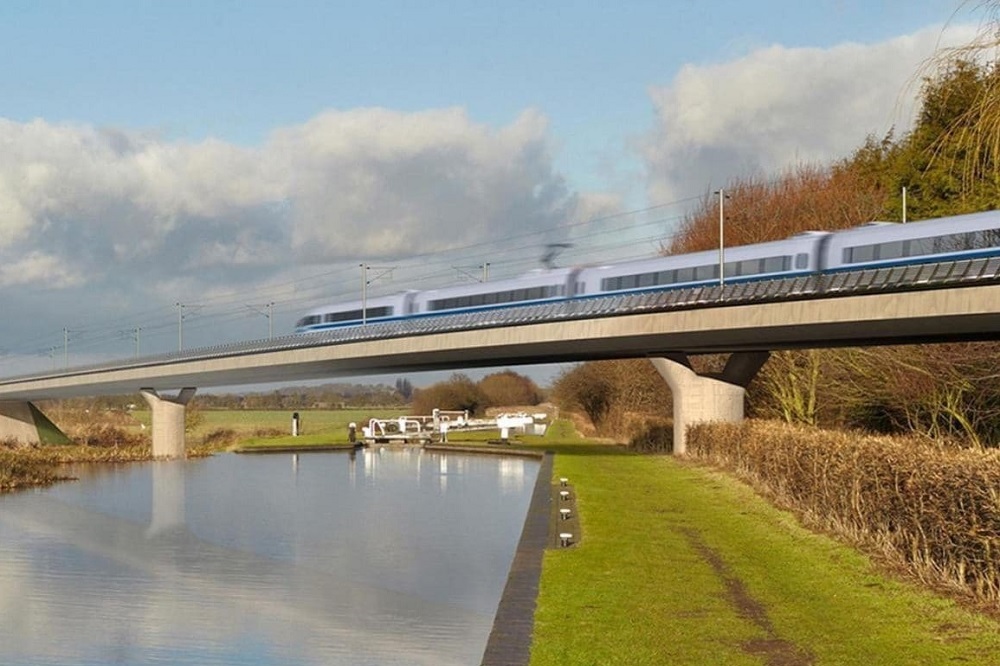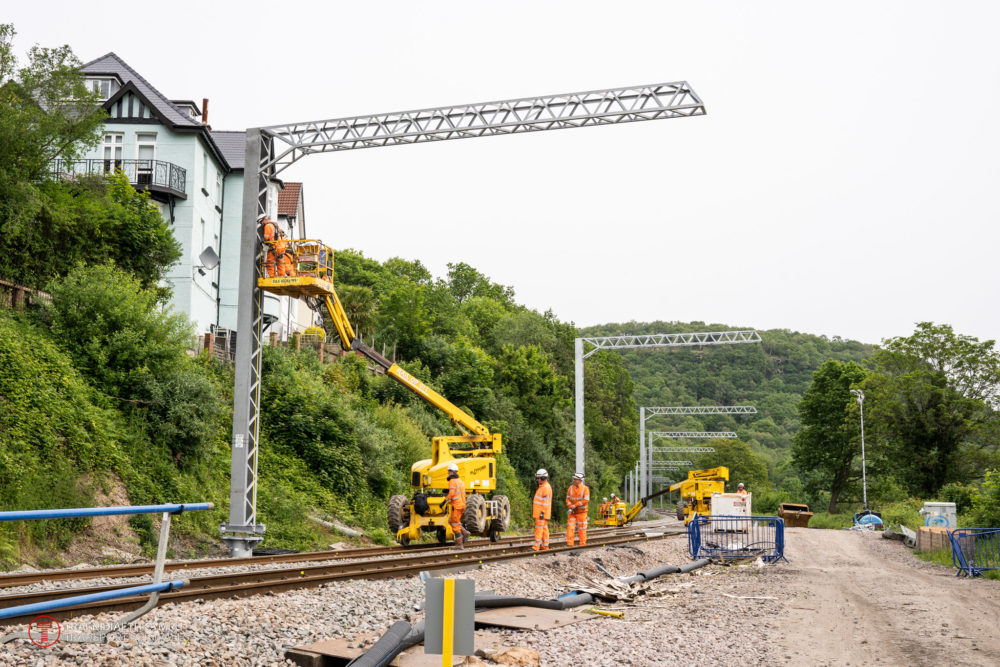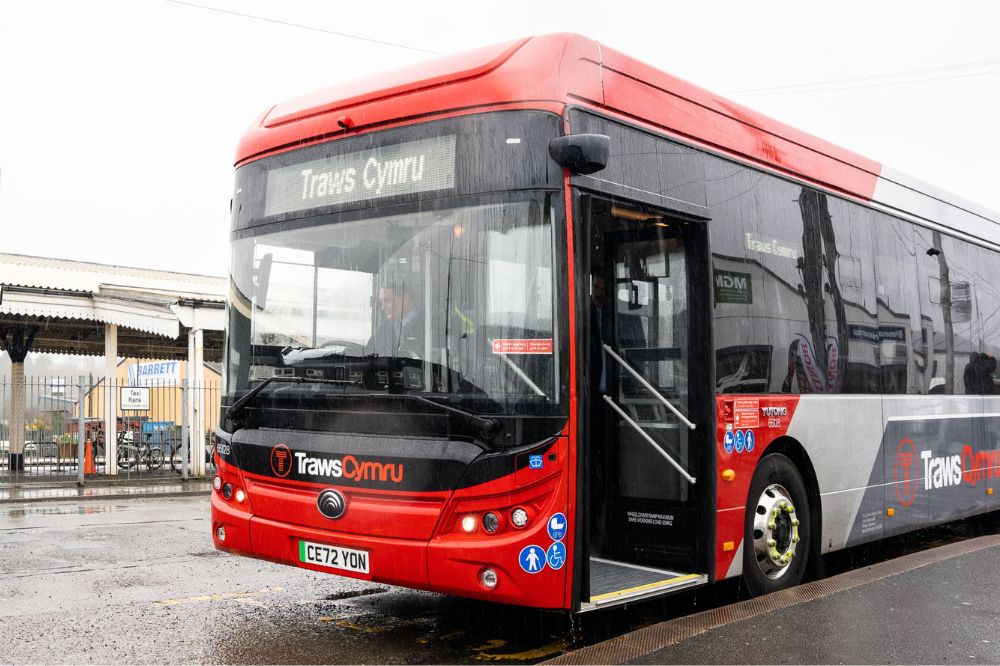What do the general election manifestos promise for transport in Wales?

Professor Stuart Cole, CBE. Emeritus Professor of Transport Economics and Policy, Prifysgol de Cymru / University of South Wales.
Next Thursday we go to the polls. However, reading the general election manifestos I found little on transport, and Wales dealt with as an add-on.
They were written for middle England – that core of the Tory votes the other parties wish to attract.
Except, as one might expect, the Plaid Cymru manifesto.
The others have a mix of Great Britain policies cross referenced to Wales and not always too clearly.
Although Vaughan Gethin did try to pitch Wales with an introduction to Labour’s manifesto and the Conservatives have a devolved government’s section at the end.
This is an inevitable, and in some ways welcome, consequence of devolution.
Funding
For most Welsh voters the responsibility for most public sector transport funding lies with Welsh Government. Consequently, there is an urgent need to find a more appropriate basis for the HM Treasury block grant (the payment from Westminster to Cardiff and by far our government’s biggest income source).
One might have expected changing the Barnett formula to be a key fiscal manifesto item; but there is no reference in any of the manifestos. And neither the past Labour nor Conservative UK governments made any attempt to change the process – so acceding to HM Treasury objections.
The Green Party wants annual bus and rail subsidies rise to £10 bn with free bus travel for the under-18’s and an investment of £19 bn in public transport including electrifying more rail routes and more active travel routes.
I presume these figures refer to Great Britain although it was in their Wales manifesto – now those figures would be nice for Wales.
Railways
A common manifesto feature is the Great British Railways – GBR (Labour / Conservative) / Railway Authority (Lib – Dems) as a new central guiding mind for both train services and track operations in mainland Great Britain.
Plaid Cymru and Labour appear to retain Transport for Wales (TfW) with Plaid Cymru wishing to ‘nationalise the railways on a Wales and UK level’ and Labour with an England GBR ‘working with publicly – owned rail operators in Wales and Scotland’.
As Labour are likely to form the next UK government, we must hold them to the promise of ‘reliable, affordable, high quality and efficient services’ in Wales through adequate block grant transport funding.
However, we should remember in previous times (1940’s / 1970’s) rail and bus nationalisation did not bring integrated tickets and timetables.
It is not a panacea for better services.
The risk with GBR is that Wales, as in British Railways days, will not get its fair share of rail infrastructure investment.
Certainly, it will not be of the scale of the Valley Lines electrification whose investment was a Welsh Government decision with only 10% coming from HM Treasury.

North Wales Main Line
Nine months ago, the Conservative government offered £1 bn to ‘facilitate’ (not ‘totally fund’ despite that being a UK government responsibility) the electrification of the North Wales Main Line (NWML). The funds would come from savings resulting from not constructing HS 2 beyond Birmingham.
As this column has indicated the real investment figure is nearer twice that if track improvements to increase line speeds and electrification are to transform journeys across north Wales. However, one small elephant in this HS2-savings room – the funds from the ‘savings’ on the unaffordable HS2 – do not actually exist as they are yet to be borrowed.
One would have expected an updated outline business plan to be completed by now and a commitment to the investment costs given by the Conservative government. There is no mention of electrification of the South Wales main Line beyond Cardiff nor of several signalling schemes.
The Lib – Dems see the Northern Powerhouse Rail project connecting cities across northern England as somehow ‘providing Wales with its fair share of rail funding’. Does this, with their promise of a 10-year plan for rail electrification, include the North Wales Main Line. However, the business case for lines around Manchester will be stronger and there is no indication form any party that rural railways (or any of Wales’ railways) will be constructed where the economic analysis shows lower benefit cost ratios.

Buses
Bus services have faced financial challenges for some years, made worse by Covid related reductions in passenger numbers. This affected the bus companies directly though there were savings to Welsh Government in senior citizens bus-pass expenditure.
The present system in Wales has bus companies registering profitable services and the remainder put out through a revenue support tender by local councils. This has always given instability to the service networks and thus to travellers particularly in rural areas where the bus is the main form of public transport.
Central to all the manifestos (except the Conservatives) was to repeal the discredited bus deregulation legislation and parallel the London / Manchester bus contracting model.
Many small bus operators serve their local area well, but support for them is not mentioned in any of the manifestos. They have complained that in some of the policies (e.g. on electric buses) it would be difficult for them to achieve financial viability.
Integration
Bus and Rail users agree with the Welsh Government’s One network, One timetable, One ticket plan. As Labour seem to refer to Wales as the way forward we can expect this to happen more widely in England.
Roads
Three areas are highlighted which provides a degree of controversy. The 20-mph speed limit, the road investment programme and potholes.
All three feature in the various manifestos but should be seen as the responsibility of the Welsh Government and thus more relevant in the next Senedd elections
The Conservatives and Reform propose that the UK Government override the Senedd’s democratic decision to pass the 20-mph speed limit legislation and change it to local consent for each local area and scheme. Its introduction was not particularly well handled, nor was there a full economic evaluation.
Similarly, the Conservatives maintain their offer to part fund the new M4 around Newport, cancelled by Welsh Government.
But it is no business of the UK Government to interfere in either of these devolved matters.
An interesting dichotomy arises from the Labour manifesto despite holding Wales up as the model for its GB policies. It has the modernisation of our transport infrastructure including long-awaited new road projects set against the Welsh Government commitment to cut back on such projects.
Perhaps Labour’s London HQ has spotted that the motor car is still the most popular mode of passenger transport.
There are many transport promises in the manifestos. However, they do not make clear what their specific policies are for Wales and what the consequent transport expenditure will be.
However, to meet their promises in Wales the Labour party claim of ‘fully costed expenditure’ for England should increase significantly the Welsh block grant.
Support our Nation today
For the price of a cup of coffee a month you can help us create an independent, not-for-profit, national news service for the people of Wales, by the people of Wales.






ethyrgl gwych